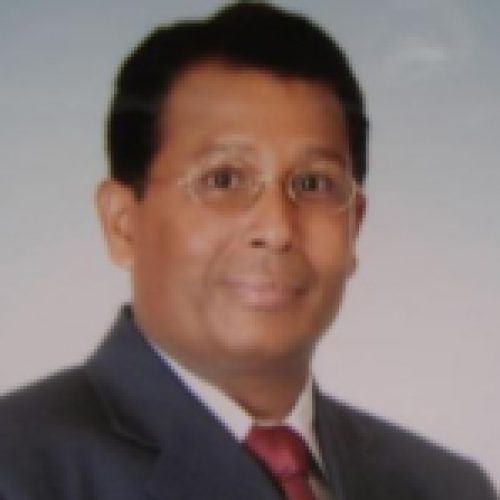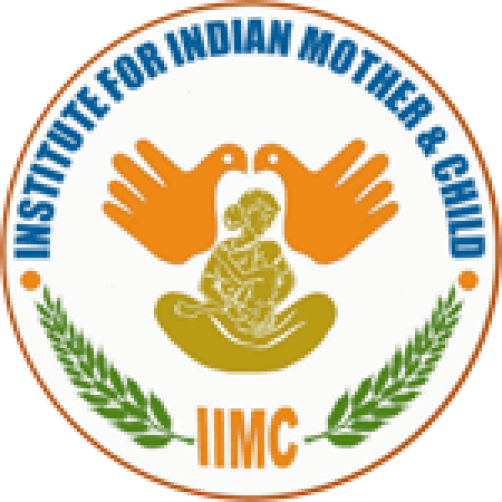WE SHALL DO SOMETHING MORE
CREATING A BETTER LIFE FOR THE POOR

We human are presently living in ‘Global Village’, curving it out of ‘Globalisation’ and assimilating benefits in hyper speed. Since the invention of Internet, electronic communication through Facebook, Twitter, Instagram and many others brings even an unknown village of Third World country by a tap of a finger. Thanks to satellite communication, we presently watch World Football 2018 from Russia to almost to a remote part of the world. Airlines have increased their flights many in numbers and brought long distance into short, offering easy travelling opportunities worldwide. Recently, Qantas, Australia’s national carrier, began a non-stop flight from London to Perth, covering 9,000 miles in 17 hours, which was previously a sheer dream. Not to mention, invention and making of more advance arms are continuing, which definitely a looming threat to world peace. Significantly, ‘Free Market Economy’ has facilitated free movements of goods and services resulting in thriving international trades and businesses. Readymade factory and farm-made products from developing countries are now readily available in the markets of developed countries.
However, I wonder if we are helping the ‘Global Village’ to maintain its impartiality in distributing its benefits and resources fairly, if not equally. Global Village has opened its door wide to benefit multinational corporations. It has facilitated large corporations to penetrate into national economy of countries, to take over state-controlled businesses and services, to increase efficiency, competitiveness, to be submissive to ‘market force’ and to increase ‘profit’. This is so, because exclusive profit-making businesses often moves towards the direction of those who accumulate money to make new profit-making investments. The consequence is reflected in India. I was not surprised to read an article that last year 119 billionaires in India earned $440bn worth of wealth whereas the average person’s earning is only $1,700 a year. The article says, ‘Given its early stage of economic development, India’s new hyper-wealthy elite have accumulated more money, more quickly, than their plutocratic peers in almost any country in history’.
Nobel laureate and noted economist Amartya Sen finds such development is ironical for a nation because “India spends just a little over one per cent of its GDP on healthcare and this is leading the country into “a comprehensive healthcare crisis”. The same consequence is well observed in Africa as ‘basically a competition between the palatial centres (Developed World) and the slums (Africa) of the village where a preponderant majority of the people daily sink deeper into poverty and misery’. Progress of some cannot be taken as the progress of all. In other words, we cannot move forward leaving behind even one of our fellow ‘neighbours’, which will be unethical, immoral.
We need to redress the ‘Global Village’, putting our sincere efforts in re-building it as a suitable place for everyone’s living. We, either live in developed or developing countries, need to revive our ethical responsibility and cultivate human freedom, progress and fairness in governance, business and welfare. While this resolution is for all commoners in the world, we need to contemplate how to embrace the neglected, overlooked and marginalised members of ‘Global Village’ who are being forgotten, leading compromising and humiliating life. They should not be blamed of lagging behind in development competition in ‘Global Village’.
We must remember, they are human being. They have innate qualities being conscious, honourable and noble, and that is their ‘human dignity’, their pride, which cannot be granted by others. They therefore deserve respect and honour from other human beings. This is a prime time to call for empowerment for them, but we need to be careful in doing so we don’t hurt their pride, human dignity. We may try what Mahatma Gandhi suggested, ‘Whenever you are in doubt apply the full test. Look up on the face of poorest and the weakest one you may have seen and ask yourself if the step you contemplate is going to be of any use to them, will it restore him to a control of his own life and destiny’.
I understand them, since the time I was brought up in a poverty-stricken village, volunteered in a refugee camp as a refugee boy, worked in Saint Teresa’s child hospital as a child specialist and established IIMC and run it as its Director. Presently, my volunteer counterparts and I receive thousands of poor mothers and children. When they come, they are meek, oblivious, look like they compromise permanently with the oppressive order of the globe. Once they receive our friendly, unobtrusive services, they gradually in course of time change, can foresee their future. They ultimately take care of their health, education, cultivation, economy, family and more importantly, awareness about the societies and take actions for the betterment of their communities. I wish, IIMC would be able to continue this process of empowerment until the people achieve their social rights and economic emancipation.
While IIMC takes pleasure in its success in helping poor people voluntarily to become empowered, it admits it is happening only in West Bengal, India, but not outside world, where the despairing role of ‘Global Village’ is predominant. Nevertheless, IIMC is proved to be a dependable steppingstone to provide support for a harmonious global development, which would assure dignity and livelihood for all. Let us get together and begin our campaign for a ‘Harmonious Global Village’, looking forward to establish justice, human rights, fair economy, solidarity, friendship and peace. The path to this destiny may not be easy—after reaching to the top of a hill, we may see many more awaiting on the horizon. We know social injustice, poverty, hunger, disease and death are omnipresent, and we will not fight all these vices by any kind of violence but by our human moral strength and courage.
Dr. Sujit Brahmochary
IIMC Mission
Kolkata – India




